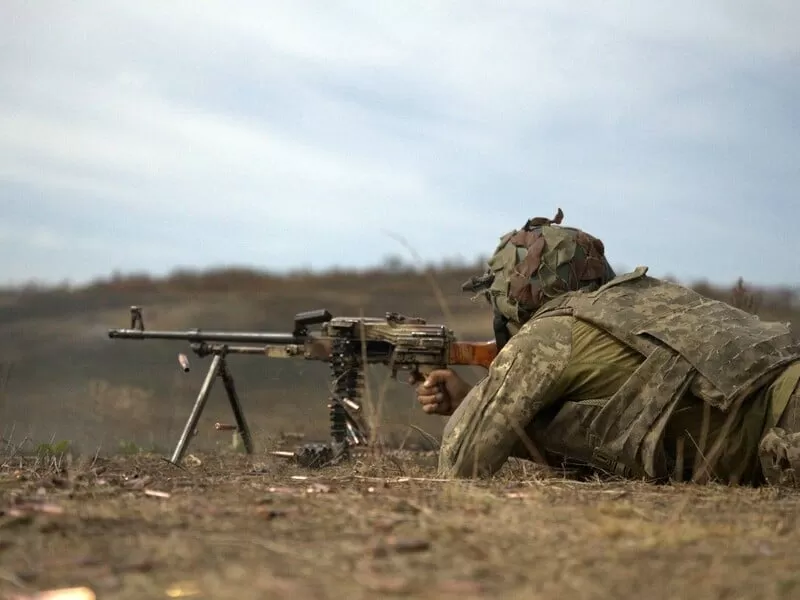In Russia, a student from Egypt was mobilized to participate in the war against Ukraine after obtaining Russian citizenship. This was reported by the press officer of the 79th Air Assault Tavricheskaya Brigade Orest Dremalovsky on November 5th, in an interview with «Suspilne» TV channel.
This news has caused quite a stir in both Russia and Ukraine, with many questioning the validity and ethics of such actions. After all, how can a foreign student, who has no ties to Russia, be sent to fight in a war that is not his own?
According to Dremalovsky, the student, whose name has been withheld for security reasons, obtained Russian citizenship through a simplified procedure, which is granted to those who have completed higher education in Russia. It is a common practice in many countries to offer citizenship to international students as a way to attract talent and strengthen international relations.
However, in this case, it seems that the student’s citizenship was used as a means to recruit him into the Russian army. This raises questions about the sincerity of Russia’s welcoming policies towards international students.
But why was this particular student chosen for military service? Dremalovsky stated that the student had expressed a desire to become a Russian citizen and to serve in the army. However, it is unclear if this desire was genuine or if he was pressured into it.
The timing of this news is also significant, as it comes at a time of heightened tensions between Russia and Ukraine. The conflict between the two countries has been ongoing since 2014, when Russia annexed Crimea and supported separatist movements in eastern Ukraine. The situation has escalated in recent months, with both sides accusing each other of aggression.
So, what does this mobilization mean for the student and his family? It is a difficult situation for them, as they are now faced with the possibility of the student being sent to fight in a foreign country. It is also concerning for other international students in Russia, who may now fear that they too could be mobilized for military service.
It is important to note that the Russian government has not officially confirmed this news, and the student’s citizenship and military service have not been independently verified. Nevertheless, it has sparked a debate about the treatment of international students in Russia and raises questions about the motivations behind granting citizenship through a simplified procedure.
It is also a reminder of the impact of war on individuals and families, regardless of nationality. The student’s family must be going through a difficult time, worrying about their loved one’s safety and well-being. It is important for all countries involved in the conflict to remember the human cost of war and to seek peaceful resolutions.
In conclusion, the mobilization of a student from Egypt to fight in the war against Ukraine after obtaining Russian citizenship is a concerning and controversial issue. It raises questions about the treatment of international students in Russia and the motivations behind granting citizenship. It is also a reminder of the devastating impact of war on individuals and families. Let us hope for a peaceful resolution to the conflict, and for the safety and well-being of all those affected by it.

